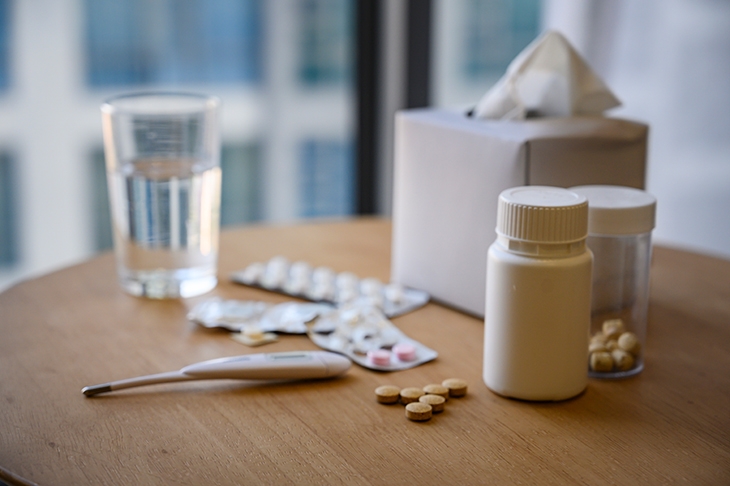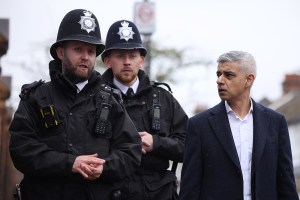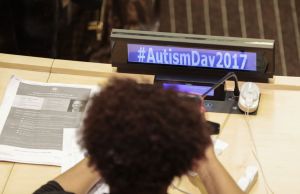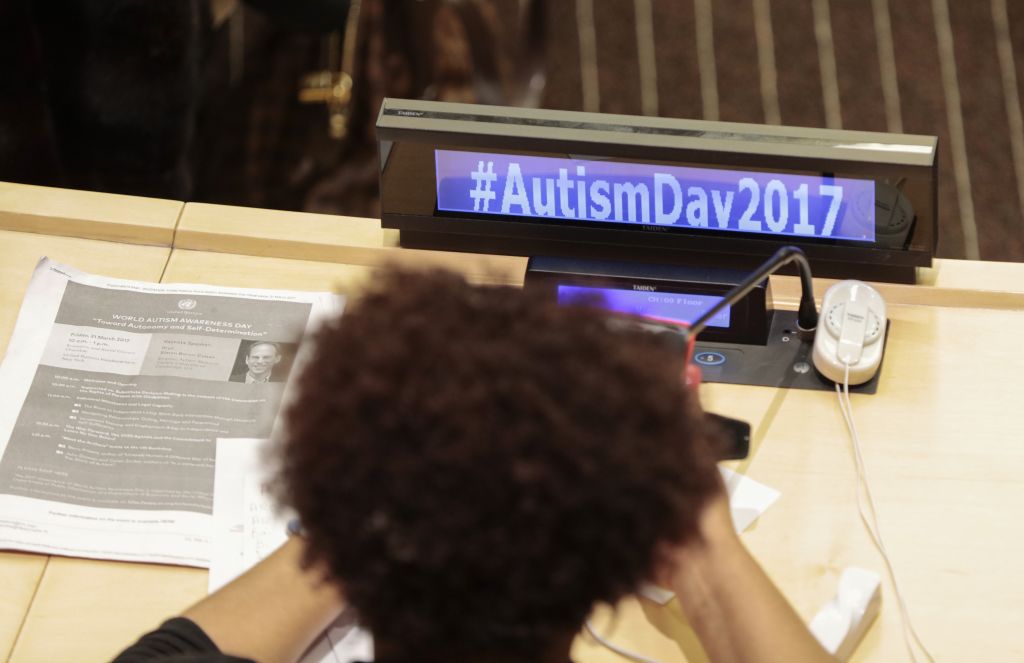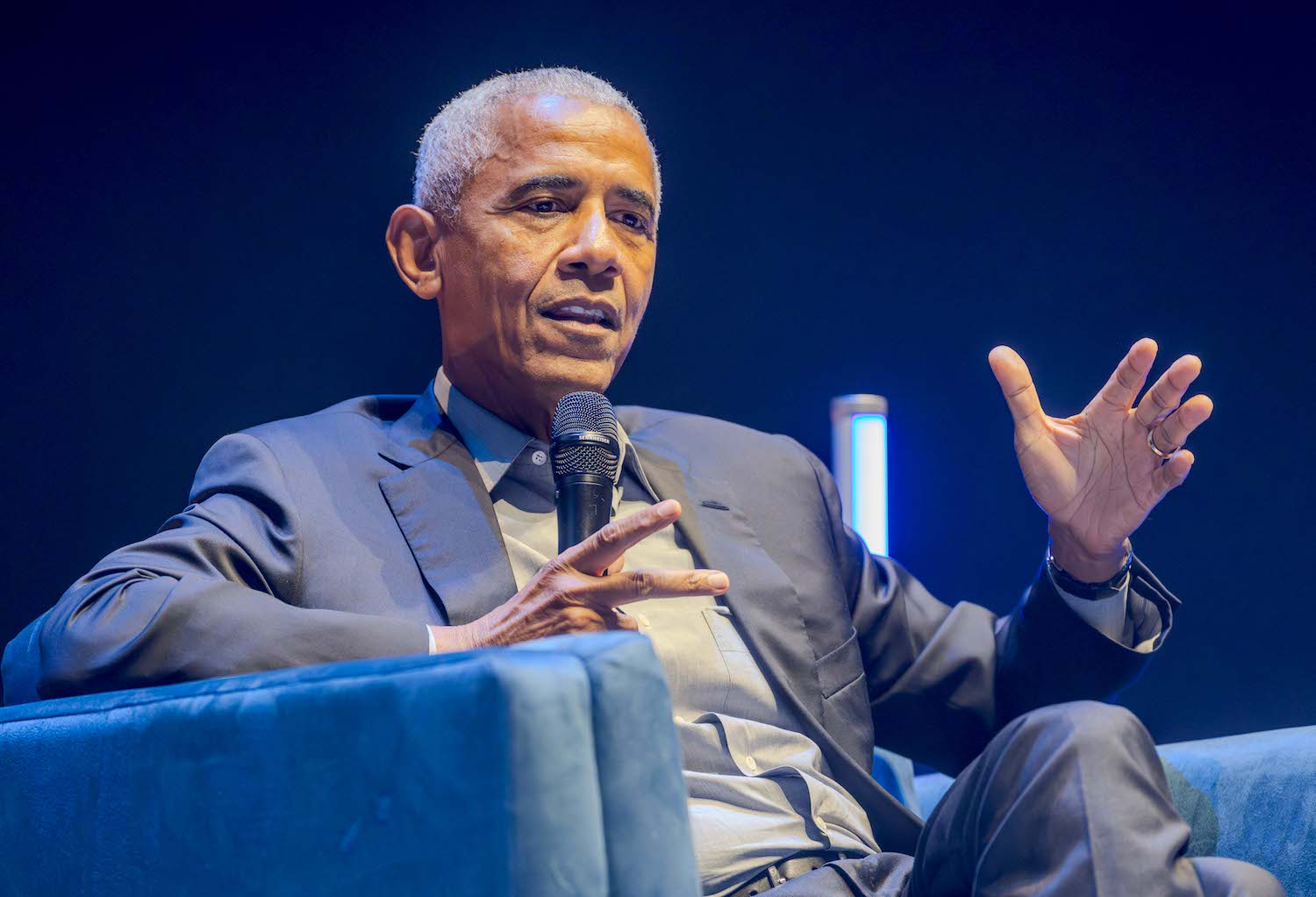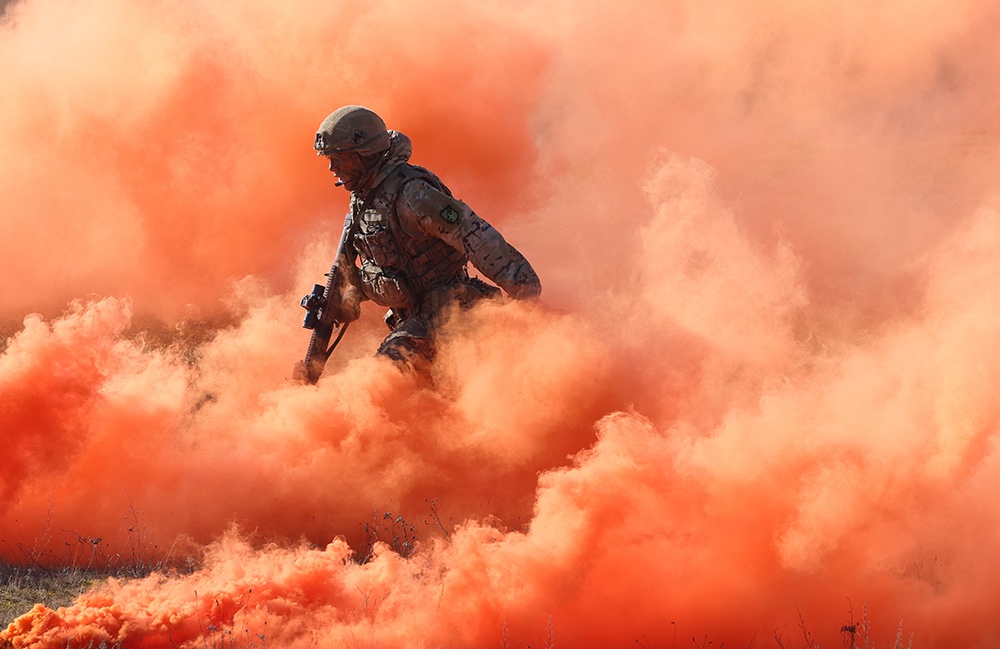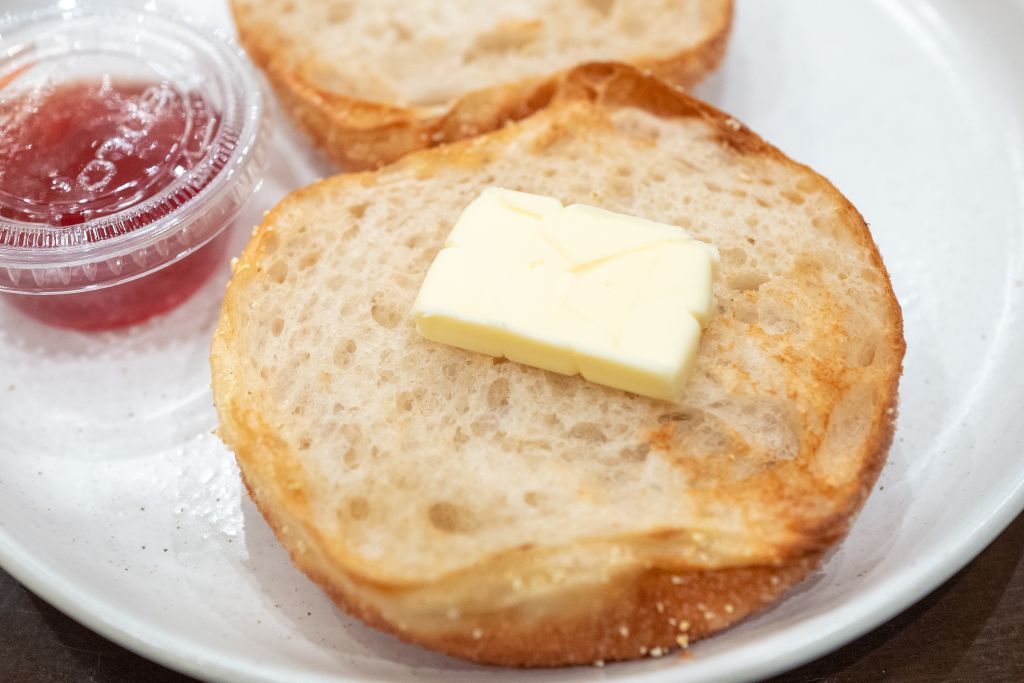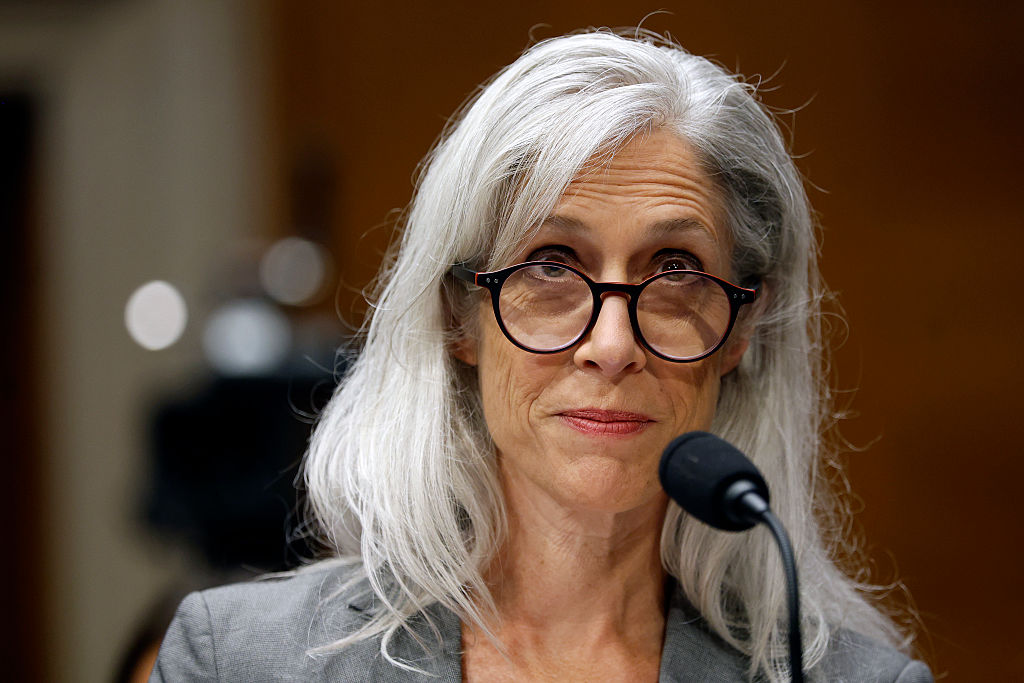I had thought that actually getting the coronavirus would bring clarity — that there would be some satisfaction in meeting the enemy, feeling its spectral hands around my lungs. No such luck. Uncertainty is the hallmark of COVID-19. Even its origins are murky: wet markets or the Wuhan Center for Disease Control? Who knows, and who would ever believe the Chinese government anyway? When you’ve got it, the sense of medieval unknowing only deepens. Is this definitely it? Will it get worse? Will it come back?
My version of the virus began with a nasty headache and a grubby feeling of unease, after which I threw up on the bathroom floor. ‘That’s disgusting, Mum,’ said my four-year-old son, handing me a towel with a look of patronizing distaste.
I’ve never known a bug treat its victims so differently. My friends have reported stabbing sore throats, a loss of taste and smell, and numbness in their fingertips. The Huazhong university in Wuhan has just updated its list of official first symptoms which now includes: headache, dizziness, muscle inflammation, fever, diarrhea, vomiting and coughing.
One slight but sad effect of this great variation in symptoms is that it makes phoning friends to share COVID stories peculiarly unsatisfying. ‘Weren’t the muscle aches awful? Oh, you didn’t get them. Nope, no sore throat for me. Oh well.’
That evening, as I lay on the sofa, a happy thought occurred to me: if this was the virus, then my husband, who works 16-hour days as a rule, would have to come home. I let myself imagine two weeks in bed with ‘mild symptoms’, chatting to Dom and son through an open door. More fool me.
My husband did rush home to look after me. He’s an extremely kind man, whatever people assume to the contrary. But 24 hours later, he said ‘I feel weird’ and collapsed. I felt breathless, sometimes achy, but Dom couldn’t get out of bed. Day in, day out for 10 days he lay doggo with a high fever and spasms that made the muscles lump and twitch in his legs. He could breathe, but only in a limited, shallow way.
After a week, we reached peak corona uncertainty. Day six is a turning point, I was told: that’s when you either get better or head for ICU. But was Dom fighting off the bug or was he heading for a ventilator? Who knew? I sat on his bed staring at his chest, trying to count his breaths per minute. The little oxygen reader we’d bought on Amazon indicated that he should be in hospital, but his lips weren’t blue and he could talk in full sentences, such as: ‘Please stop staring at my chest, sweetheart.’
When do you go to hospital? Do you really wait until the lips go blue? Cedd, in his doctor’s uniform, administered Ribena with the grim insistence of a Broadmoor nurse, and this might be my only really useful advice for other double-COVID parents or single mothers with pre-schoolers: get out the doctor’s kit and make it your child’s job to take your temperature. Any game that involves lying down is a good game. My other corona tip is to order at least a quart of PVA glue. As Dom lay sweating, Cedd and I made a palace out of polystyrene packaging. I’ve laughed in the past at men who obsess over model railways. I won’t laugh again. In a chaotic and unpredictable environment, there’s nothing more comforting than having total control over your own tiny world. Long after my son lost interest I was busy gluing on towers, and cutting colored acetate to make window panes. When Dom finally made it into the kitchen, he found me manically applying cheap plastic stick-on gems to a toilet paper tower. ‘Mum’s busy playing,’ I heard Cedd tell Dom, as he trotted off to fetch the oximeter.
Just as Dom was beginning to feel better, it was reported that Boris was heading in the other direction, into hospital. I’ve been a slack Christian during this era of biblical plague. Churches are shut, even Catholic churches, and somehow that makes more of a difference than I thought it would. One of the reasons I converted was because the doors of Catholic churches were always open, the sanctuary lamp lit, and now they’re closed it feels as if someone’s turned off the spiritual stopcock. But what’s there to do for the sick now except pray? I left my polystyrene palace and got to my knees for Boris, and found to my surprise that my prayers flowed easily, as if carried along in a current of others.
After the uncertainty of the bug itself, we emerged from quarantine into the almost comical uncertainty of London lockdown. Everything and its opposite seems true. People are frightened and they’re calm; it’s spring and it’s not. Standing in line’s a pain in the ass and the most fun you’ll have all day.
There’s been much talk of the spirit of the Blitz, but there’s something of the spirit of East Berlin, too. Social distancing is supposed to be a helpful and communal act, but people smile noticeably less. I think it’s guilt by association. Because it’s natural to steer clear of someone you dislike, when you keep your distance for other reasons, you feel instinctively hostile. There’s a woman jogger I’ve seen a few times now who runs around scowling with an arm held out horizontally to keep everyone at bay. If I didn’t have a child in tow, I’d be tempted to walk straight into her.
But then there are the birds, which are chirpier now there’s less noise to compete with, and the strange and wonderful feeling of returning to a world in which waiting is a thing. It’s like the 1990s all over again, people leaning on walls, staring into the distance, scuffing their trainers for something to do. And when you do meet a friend by chance on the street and stop for a guilty, distanced chat, it feels utterly joyful.
This article was originally published in
The Spectator’s 10,000th UK magazine. Subscribe to the US edition here.



